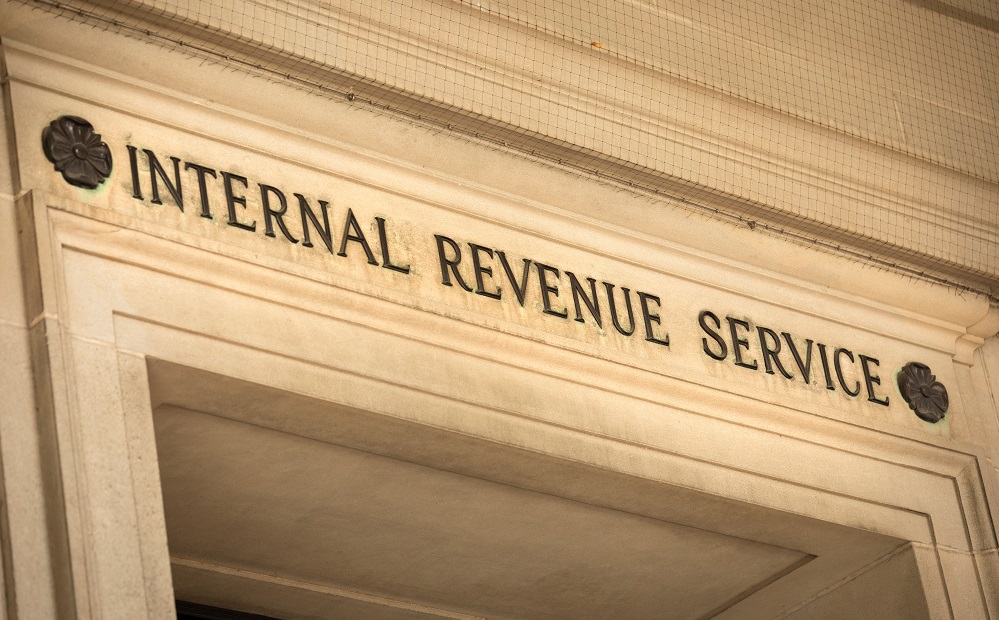The Death Tax Repeal Act (H.R. 7035) was introduced in the House of Representatives on January 18. The bill has more than 160 cosponsors (although all but one are Republican). Its primary author is Ways & Means Committee member Rep. Randy Feenstra (R-IA).
In addition to repealing the estate tax, HR 7035 also repeals the generation-skipping tax. However, it does not repeal the gift tax. And, unlike previous estate tax repeal proposals, this one does not replace step-up in basis on inherited assets with a carryover basis.
Prospects: Estate tax repeal is a perennial issue in Congress. However, despite widespread support for the idea of killing the estate tax, it is unlikely to happen any time soon. The current law exemption amount (in 2023, it was $13.6 million/individual; it is indexed for inflation) is set to expire at the end of 2025. If it does, the exemption amount would go back to the 2016 level of $5 million (as indexed for inflation, that would be around $7 million). Thus, the issue will be very much in play next year as Congress deals with the expiring 2017 tax cuts.
NAIFA Staff Contact: Jayne Fitzgerald – Director – Government Relations, at jfitzgerald@naifa.org.






.png?width=600&height=90&name=Support%20IFAPAC%20%20(600%20%C3%97%2090%20px).png)
